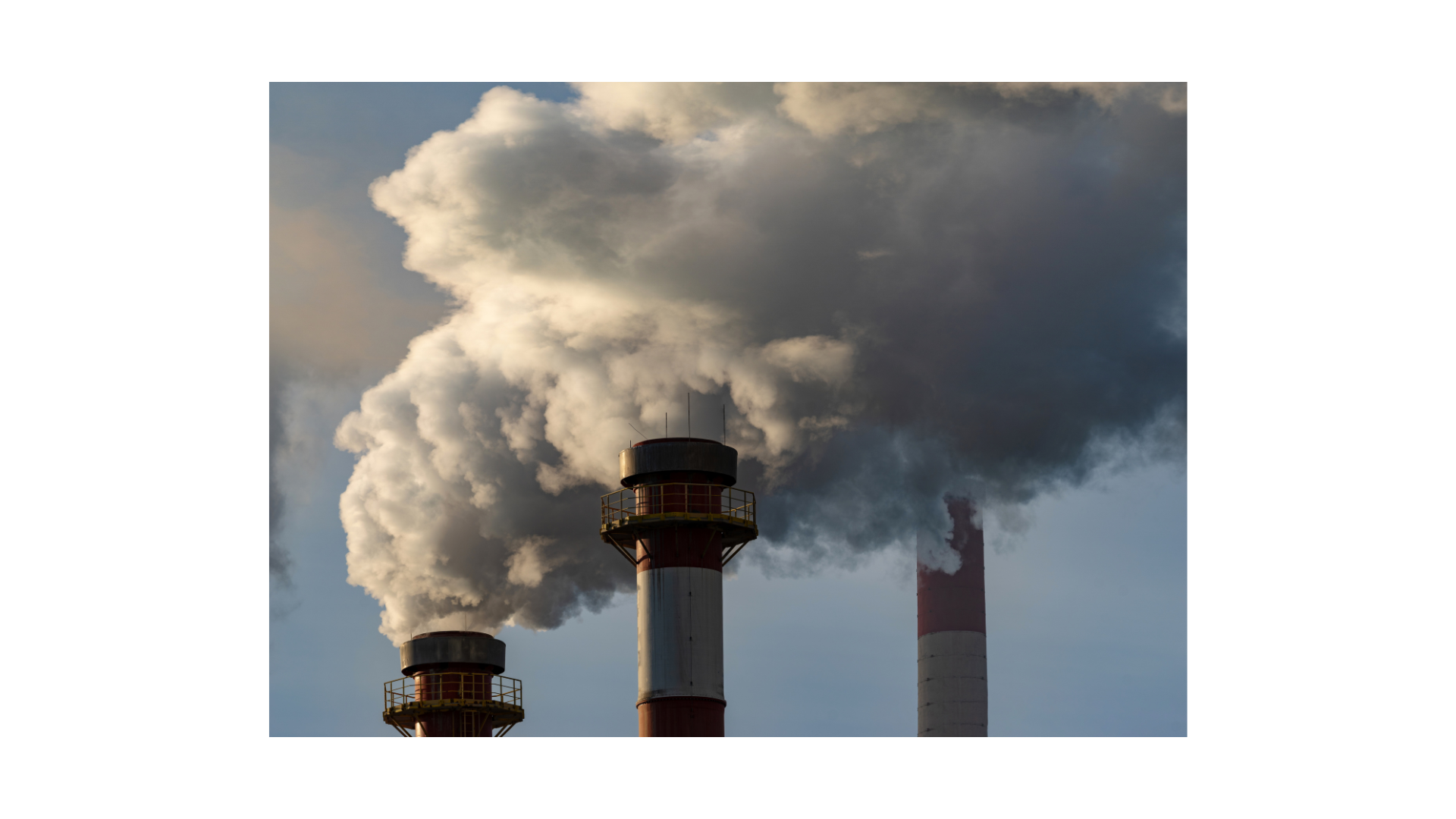Over the years, the climate crisis has become an increasingly debated problem in corporate and government routine. As an example, at the most recent meeting of the G7 Summit (the group of the world’s most industrialized countries), held between May 19 and 21, 2023, global leaders issued a letter that reasserted the commitment of the great powers to reducing greenhouse gas emissions and limiting temperature increase on the planet, as established in the Paris agreement in 2015. This need for damage mitigation and environmental recovery fosters a new market around the world: carbon credits.
Last year, a wave of debates began on the regulation of this economic niche by the Brazilian legal system, based on the publication of Decree No. 11.075/2022, which provided for guidelines for the preparation of Climate Change Mitigation Plans. Additionally, Bill No. 528/21 is being reviewed in the National Congress, which aims to structure the regulated market and the voluntary market. Despite all the legal discussion, voluntary transactions happen in full swing.
The market for carbon or other greenhouse gases operates from the acquisition of green bonds by companies or issuers who want to offset their environmental impact. A carbon credit represents one ton of carbon that is no longer emitted into the atmosphere and can be sold to those who are interested or required to contribute to the preservation of the environment.
Experts consider that Brazil’s active participation in this niche makes the goal of limiting the global temperature increase to 1.5°C more realistic. In addition, such regulatory changes are expected to generate millions of jobs and put millions of Reais in the market. A recent WayCarbon assessment showed that the country can move between USD 493 mn to USD 100 bn with the market, in addition to generating more than 8 million jobs.
However, it is important to note that the measures to be taken in the domestic territory are urgent, since the probability of not reaching the target established by the Paris agreement reached 66%, as noted by the World Meteorological Organization (WMO), in a report presented on May 17 of this year.
Therefore, public and private entities should commit to a single goal: protecting the future of the planet. In this setting, the carbon credit market will be a major driver for achieving the challenging goals of the coming years, which will be crucial for social well-being.
Available at: https://br.lexlatin.com/opiniao/os-impactos-economicos-e-ambientais-do-mercado-de-carbono-no-brasil
Autor: Yuri Arraes Fonseca de Sá • email: yuri.sa@ernestoborges.com.br • Tel.: +55 67 3389 0123+55 67 99271 2013

